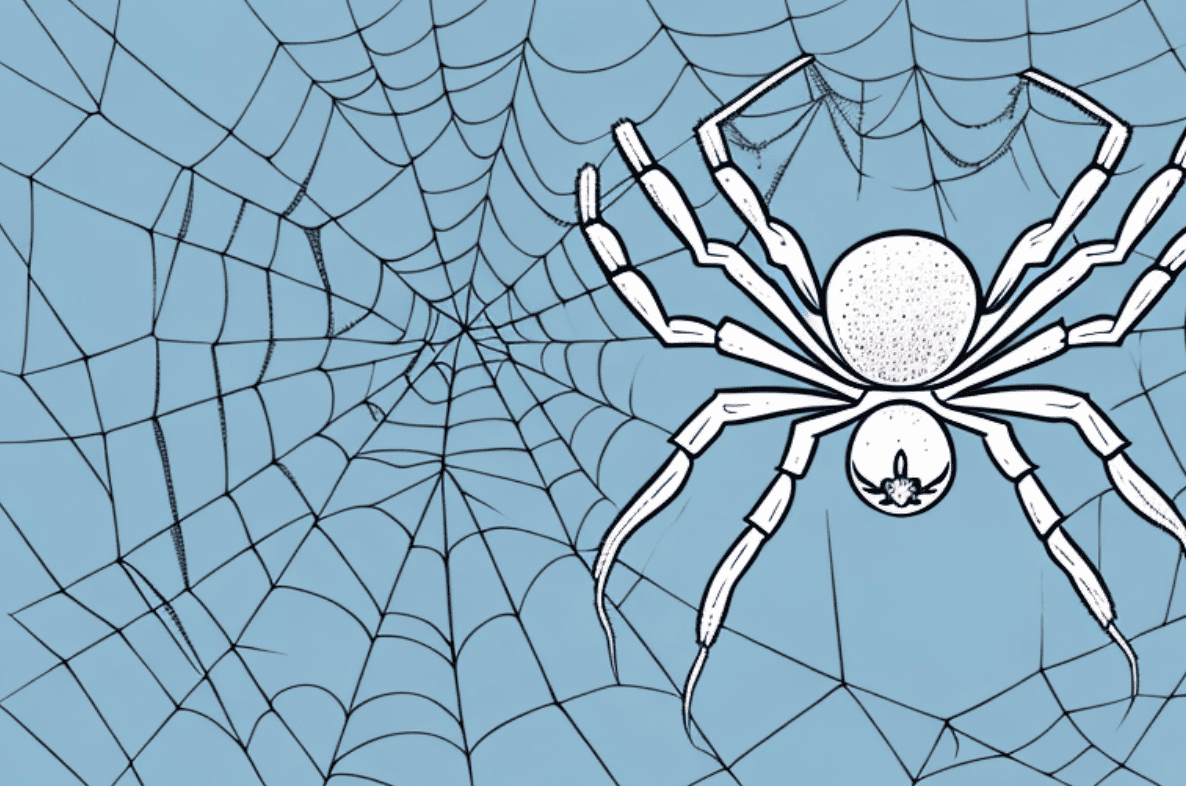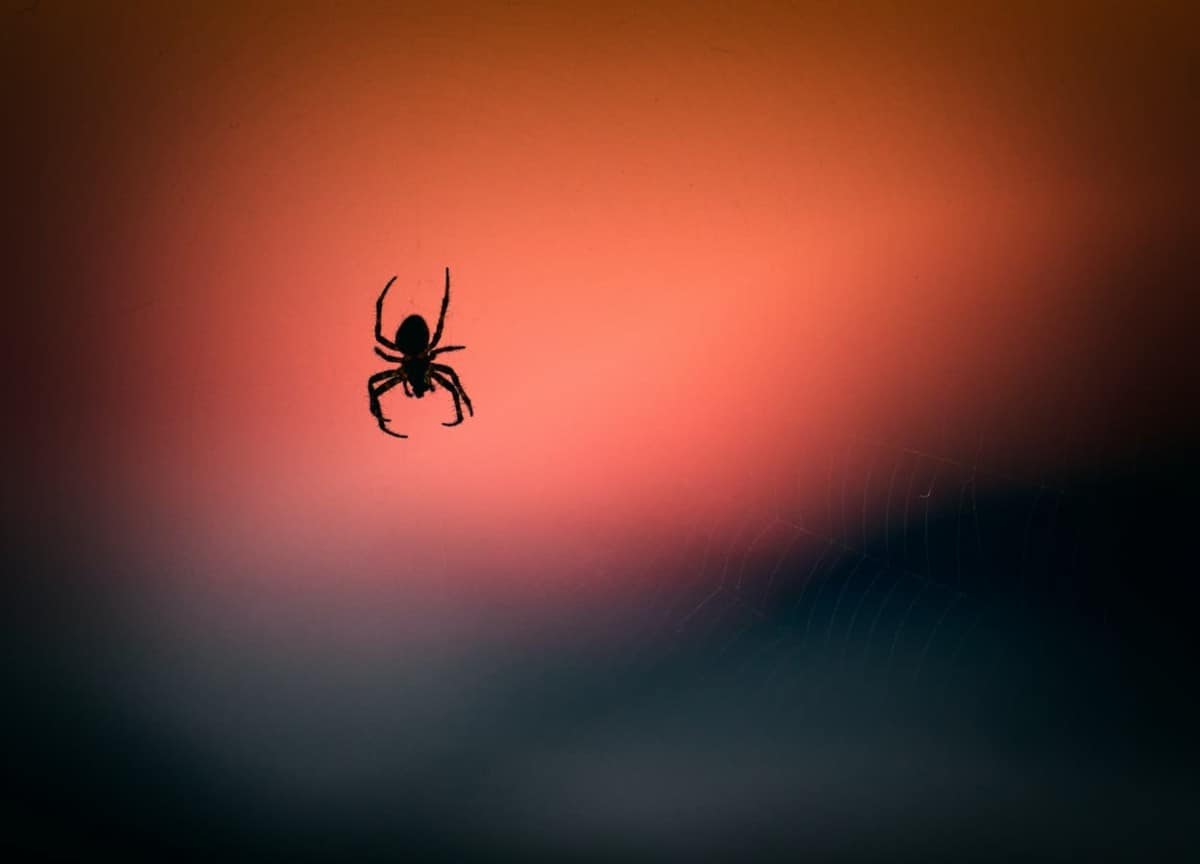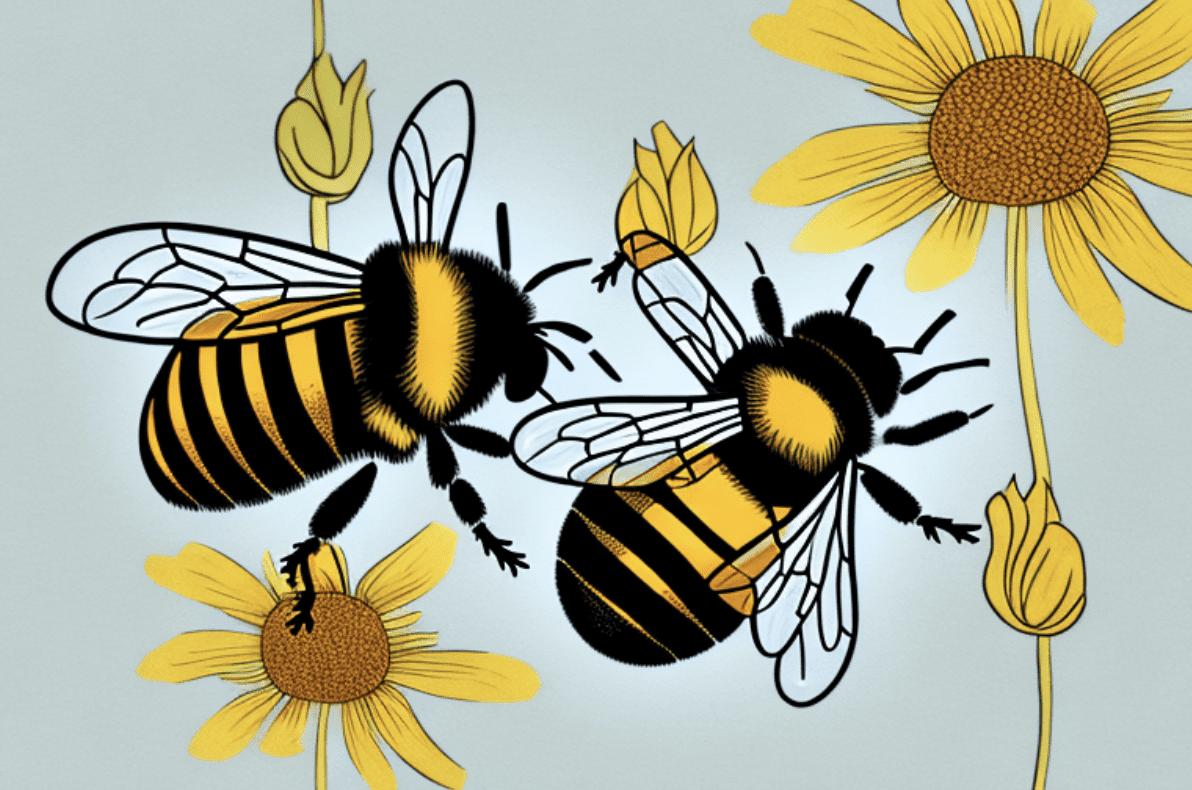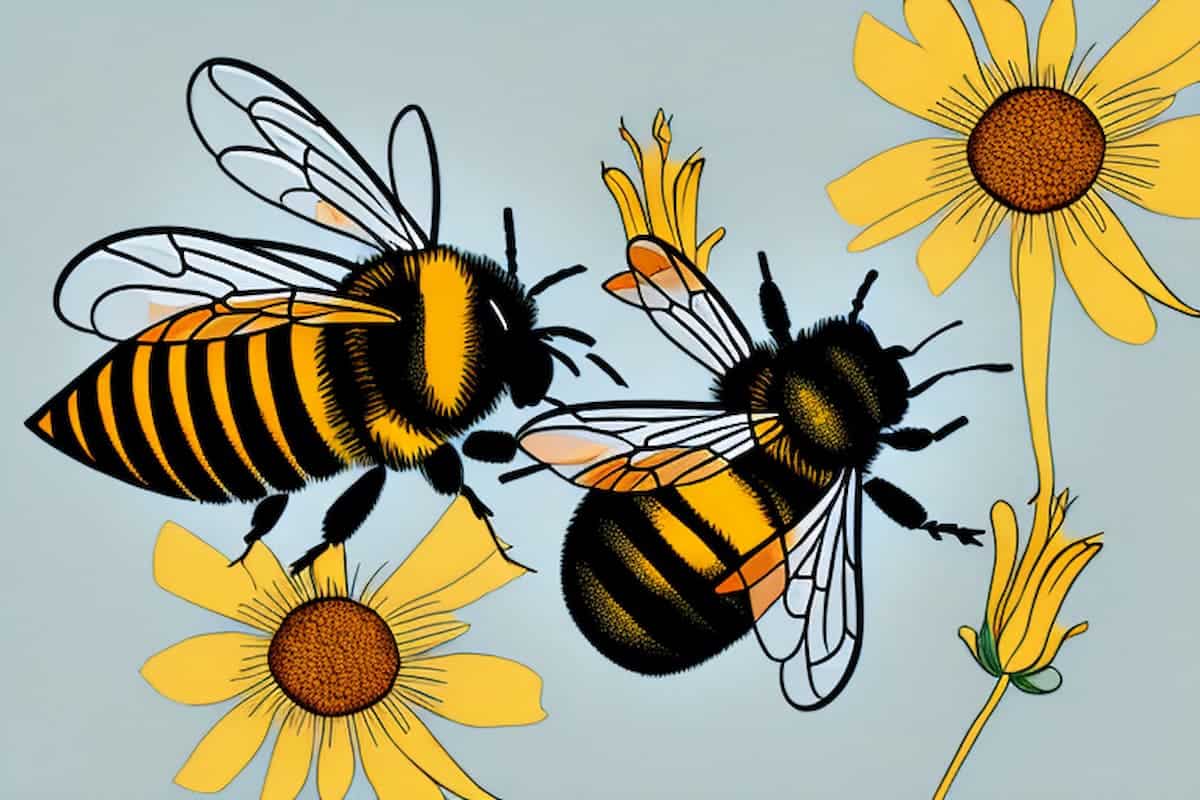Hornets are fascinating insects that are known for their powerful sting and large size. While we often see them buzzing around during the day, have you ever wondered if they sleep at night? In this article, we’ll take a closer look at the nocturnal habits of hornets and explore their sleeping patterns, nighttime activities, and more.
Understanding Hornet Behavior
Before we dive into the world of hornet sleep, it’s essential to understand their behavior and structure. Hornets are social insects that live in large colonies and have a well-defined hierarchy. The queen is at the top of the hierarchy, followed by the workers and drones. Hornets are also known for their intricate communication systems, which involve pheromones and body language.
Hornets are fascinating creatures that have been studied for centuries. They are members of the genus Vespa, which includes over 20 different species of hornets. Hornets are found all over the world, from Asia to Europe to North America. They are known for their large size, aggressive behavior, and painful sting.
The Life Cycle of Hornets
Like most insects, hornets go through several stages in their life cycle, including egg, larva, pupa, and adult. The queen lays the eggs, and the larvae emerge and feed on the protein-rich insects brought by the workers. After several molts, the larvae pupate and eventually emerge as adult hornets.
The life cycle of hornets is fascinating and complex. It begins with the queen laying eggs, which hatch into larvae. The larvae are fed by the workers and grow rapidly, molting several times before pupating. The pupae develop inside cocoons, and after a few weeks, they emerge as adult hornets. The new hornets are all female and take on various roles in the colony, depending on their age and size.
Social Structure and Communication
Hornets have a complex social structure that allows them to work together efficiently. The queen is responsible for laying eggs and maintaining the colony’s hierarchy, while the workers forage for food, tend to the young, and defend the colony. Hornets also communicate using pheromones, which help coordinate their activities and defend their nests.
Hornets are highly social insects that rely on communication to function as a colony. They use a variety of signals, including pheromones, body language, and sound, to coordinate their activities and defend their nests. Hornets are also known for their ability to recognize individual faces, which helps them identify friends and foes.
In conclusion, understanding hornet behavior is essential for anyone interested in these fascinating insects. From their complex social structure to their intricate communication systems, hornets are truly remarkable creatures. So the next time you see a hornet buzzing around, take a moment to appreciate the incredible world of hornets.
The Sleeping Patterns of Hornets
While most insects are diurnal, hornets are active during both the day and the night. However, their activity levels tend to decrease at night, leading many people to wonder if they sleep.
Do Hornets Actually Sleep?
Yes, hornets do sleep, but not in the traditional sense that we do. Hornets don’t have eyelids and can’t shut their eyes, so they can’t enter a deep sleep like we do. Instead, they have periods of rest where their metabolic rate decreases, and they become less active.
During these periods of rest, hornets are still able to respond to stimuli and can be easily awakened if disturbed. They may also move around slightly, but they are not actively hunting for food or engaging in other activities.
How Hornets Rest and Conserve Energy
Hornets conserve energy by resting on the nest or on nearby surfaces, such as leaves or branches. They reduce their activity levels, stop hunting for food, and become less responsive to stimuli. Interestingly, hornets can also regulate their body temperature, allowing them to maintain optimal conditions for rest and energy conservation.
When hornets rest, they may also engage in grooming behaviors, such as cleaning their antennae and wings. This helps to keep them clean and free from debris, which can help to prevent infections and other health issues.
Overall, while hornets may not sleep in the same way that humans do, they still require periods of rest and energy conservation to maintain their health and well-being.
Nocturnal Activities of Hornets
While hornets aren’t as active at night as they are during the day, they still have a few nocturnal activities that are worth exploring. In fact, nocturnal activities of hornets are quite fascinating and unique.
Hunting and Foraging at Night
Some hornet species, such as the Asian giant hornet, are known to hunt at night. These hornets use their powerful jaws to decapitate insects, which they then bring back to their nests to feed their young. Interestingly, the Asian giant hornet is also known to hunt honeybees at night, which can be devastating for honeybee colonies.
Another species of hornet that is active at night is the European hornet. These hornets are attracted to lights and can often be seen flying around streetlights and porch lights. They are known to hunt moths and other insects that are also attracted to the lights.
Nighttime Nest Maintenance
Hornets are also known to perform nighttime nest maintenance activities, such as repairing damaged areas and removing debris. This is an important activity for hornets, as their nests need to be well-maintained in order to protect their young and ensure the survival of the colony. Hornets are very efficient at nest maintenance and can quickly repair any damage that may occur.
In addition to repairing their nests, hornets also use the cover of darkness to expand their nests. The queen hornet will often lay eggs at night, which will hatch and increase the size of the colony. This expansion is crucial for the survival of the colony, as it allows the hornets to have a larger workforce to gather food and protect the nest.
Overall, the nocturnal activities of hornets are just as important as their daytime activities. From hunting and foraging to nest maintenance and expansion, hornets are always busy, day or night.
Factors Affecting Hornet Sleep and Activity
Several factors can affect hornet sleep and activity patterns, including seasonal changes and human interaction. However, there are many other factors that can impact these fascinating creatures, including their diet, mating habits, and social structure.
Seasonal Changes and Their Impact
Hornets are highly sensitive to seasonal changes, and their behavior is closely tied to temperature and food availability. During the summer months, when temperatures are warm and food sources are plentiful, hornets are much more active. They spend their days foraging for food and building their nests, which can grow to be quite large.
As the temperatures drop in the fall, hornets become less active and begin to prepare for winter dormancy. During this time, they focus on gathering food and protecting their nests from predators. This is also the time when the queen hornet begins to lay eggs that will hatch in the spring.
Environmental Factors and Human Interaction
While seasonal changes have a significant impact on hornet behavior, human interaction can also play a role. Chemical sprays, noise disturbances, and nest destruction can all disrupt hornet sleep and activity patterns. Additionally, environmental factors such as light pollution and habitat destruction can impact hornet survival.
It’s important to note that hornets play a vital role in the ecosystem, as they help to control the populations of other insects. Without hornets, many other insect populations would grow out of control, which could have devastating effects on the environment.
Diet and Mating Habits
In addition to seasonal changes and human interaction, hornet behavior is also influenced by their diet and mating habits. Hornets are carnivorous, and they feed on a variety of insects, including flies, caterpillars, and other hornets. They also consume nectar from flowers, which provides them with the energy they need to fly and build their nests.
During the mating season, male hornets will often compete for the attention of the queen. This can result in fierce battles between the males, as they attempt to prove their strength and dominance. Once a male has successfully mated with the queen, he will die, and the queen will continue to lay eggs.
Social Structure
Hornets are social insects, and they live in large colonies that are organized around a hierarchical structure. The queen hornet is at the top of this structure, and she is responsible for laying eggs and directing the activities of the colony. Below the queen are the worker hornets, which are responsible for foraging for food and building the nest.
Interestingly, hornets are also able to communicate with each other through a series of chemical signals. This allows them to coordinate their activities and work together to achieve their goals.
Overall, hornets are fascinating creatures that play an important role in the ecosystem. By understanding the factors that influence their behavior, we can work to protect these valuable insects and ensure that they continue to thrive in the wild.
Comparing Hornets to Other Insects
While hornets share many similarities with other insects, they also have some unique sleep and activity patterns worth exploring.
Sleep Patterns of Bees and Wasps
Bees and wasps also have periods of rest, but their sleep patterns differ from hornets. Bees cluster together in hives and enter a state of reduced activity, while wasps rest in individual cells within their nests.
Nocturnal vs. Diurnal Insects
Unlike hornets, most insects are diurnal, meaning they are active during the day and rest at night. However, some insect species, such as fireflies, moths, and cockroaches, are active at night and rest during the day.
Conclusion
In conclusion, hornets do sleep at night, but not in the traditional sense that we do. Instead, they have periods of rest where they conserve energy and reduce their activity levels. While hornets are more active during the day, they also have a few nocturnal behaviors worth exploring. Understanding hornet sleep and activity patterns can help us appreciate these fascinating creatures and protect their habitats for generations to come.





